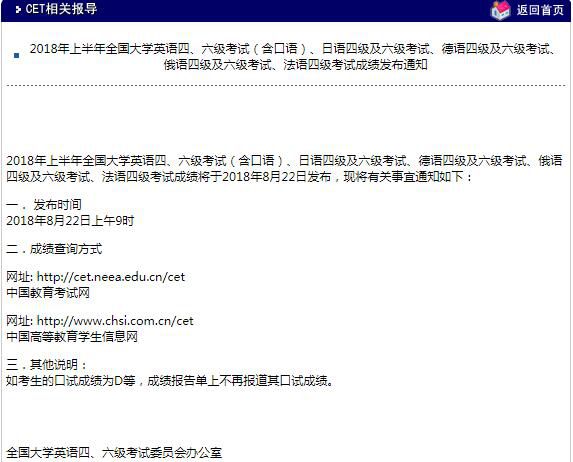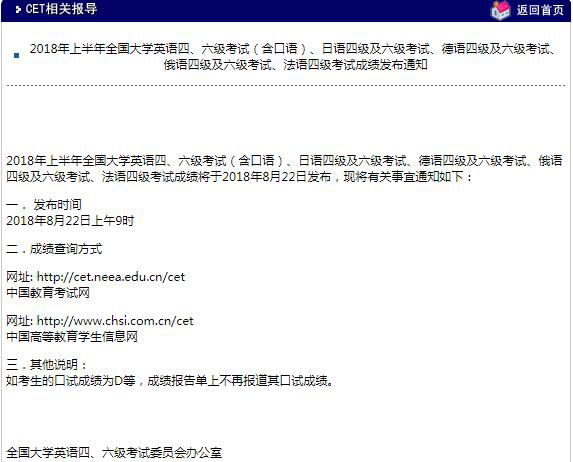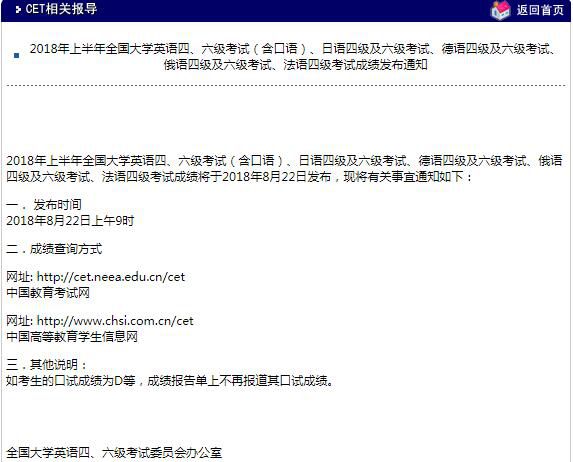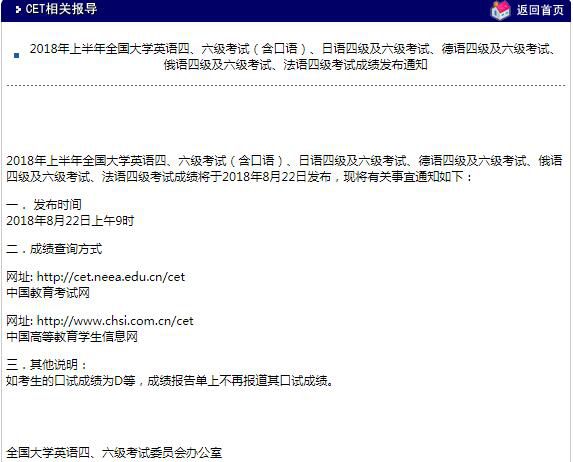Trio's 10 priorities for green growth
|
Environment ministers from China, Japan and the Republic of Korea or ROK yesterday drew up a list of 10 priorities to help strengthen cooperation and pursue low-carbon growth across three nations. The trio met for the 11th trilateral dialogue on environmental protection in Beijing on the weekend. They all agreed tackling pollution during the global economic downturn was vital. The priorities they will focus on for the next five years are: environmental education, climate change, biodiversity, sandstorm prevention, air and water pollution management, circular economy, trans-border electronic waste and toxic chemicals management, northeast Asia environmental governance and the development of green technologies. Minister for Environmental Protection Zhou Shengxian said China had vetoed all heavy-polluting and high energy-consuming projects in its 4-trillion-yuan economic stimulus package. "China has seen a steady reduction in two major pollutants. The emissions of sulfur dioxide and chemical oxygen demand, and the measure of air and water pollution, dropped 5.95 and 4.42 percent respectively last year," he said. Japan has also announced a policy of "green economic and social change". It aims to drag the country out of recession by boosting electric car and new energy industries, which will also contribute to a reduction in greenhouse gas emissions or GHGs. Tetsuo Saito, Japan's environment minister, said his country had unveiled a plan to cut GHGs by 15 percent from 2005 levels by 2020. It is excluding the carbon credits purchased from clean development mechanism projects. Similarly, Lee Maanee, environment minister for the ROK, said promoting green growth was a priority in his country, adding it was set to become a global "model" for low-carbon development. The trilateral dialogue on environmental protection began in 1999. It has already made "substantial achievements" in environment education, sandstorm prevention and fostering a circular economy, said Zhou. Saito also said the combined efforts of the three countries, such as in air and water pollution control, will be crucial to Northeast Asia. Lee added the nations would share information on pollution and green technologies as well as cooperate on staff training. Ministers for the three countries will also submit a joint statement on hot environmental issues to the second China-Japan-ROK leaders' meeting in August. China and Japan also signed several memorandums of understanding to deepen bilateral cooperation on environmental protection, as well as the public awareness and development of green technologies. Questions: 1. What did China, Japan and the ROK agree as being vital during the global economic downturn? 2. How Japan’s new "green economic and social change" policy aims to drag the country out of recession? 3. What year did the trilateral dialogue on environmental protection first begin? Answers: 1. Tackling pollution. 2. It aims to drag the country out of recession by boosting electric car and new energy industries. 3. 1999. |








